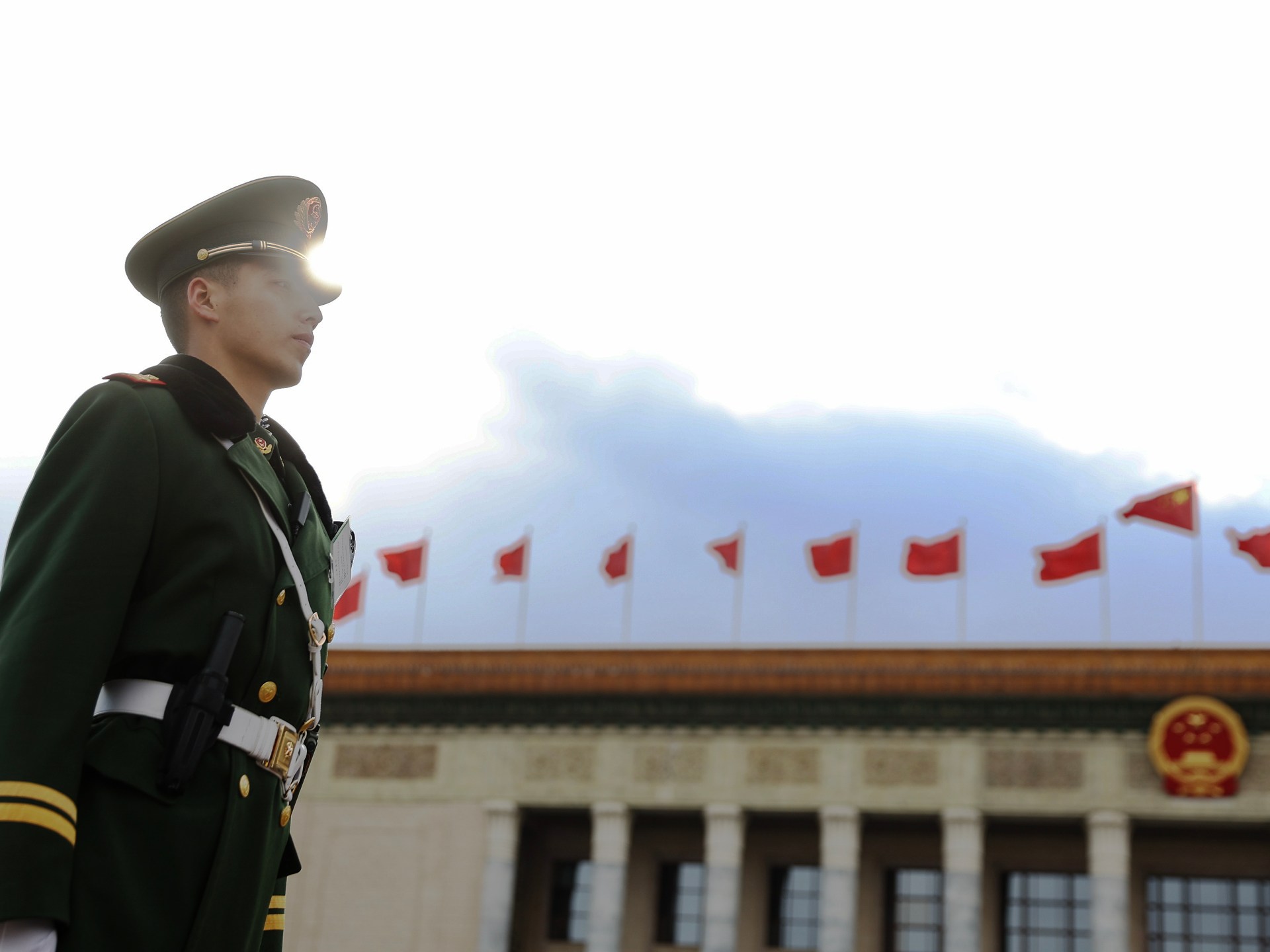Millions of people of Chinese origin are nationals of countries other than China and they don’t back Beijing.
In late February, 59-year-old Phillip Chan Man Ping became the first person in Singapore to be officially designated a “politically significant person”.
The city-state’s authorities had already announced that Chan had “shown susceptibility to being influenced by foreign actors, and willingness to advance their interests” and that Chan’s activities “were directed towards a political end in Singapore” making it in the public interest for “countermeasures” to be taken.
…
“As he openly called on overseas Chinese to tell China’s story well, he also attempted to blur the distinction between Chinese nationals and non-China nationals of Chinese descent,” Loh said.
“And I think that most countries will find it unacceptable to have its own citizens working for a foreign actor to exert influence that might work against the interests of your country.”
…
According to Associate Professor Ian Chong Ja, who teaches Chinese foreign policy at the National University of Singapore, Xi’s language suggests that the CCP sees ethnic Chinese across the world as a vehicle to mobilise support and advance Beijing’s interests, even if those people are not nationals of China and have no allegiance to the country.



Identity politics aren’t dead to the CCP, so they aren’t dead.
That statement is in no way, shape, or form a defense of the CCP.